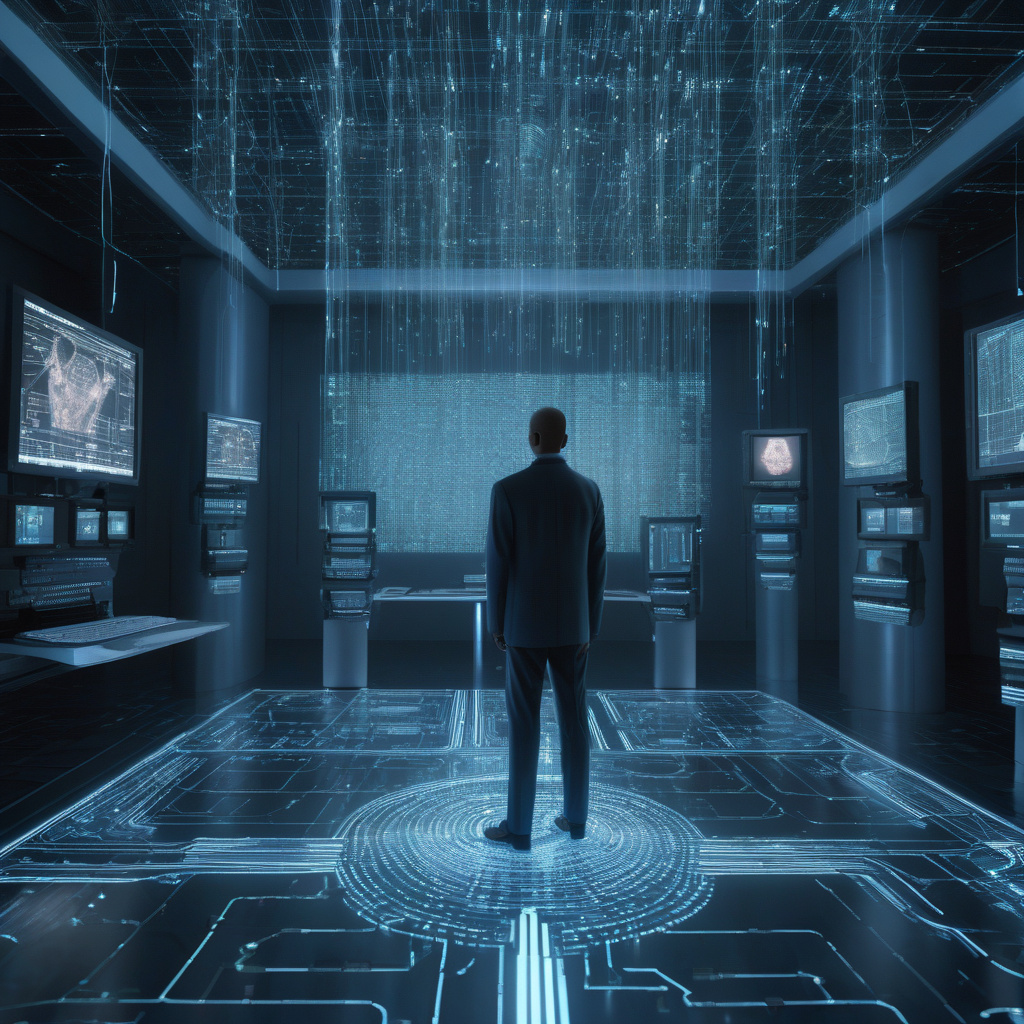In a world increasingly shaped by artificial intelligence, the idea of a “digital clone” is quickly shifting from science fiction to reality. But what exactly is a digital clone and how does it impact our digital landscape? Let’s delve into this intriguing concept and explore its implications for the future of technology.
A digital clone, also known as a virtual doppelgänger, is a virtual representation of a physical entity or person. This digital replica is created using a combination of data, algorithms, and artificial intelligence to mimic the behaviors, characteristics, and traits of the original subject. Essentially, it is a mirror image of the real-world counterpart in the digital realm.
One practical application of digital clones is in the field of personalized marketing. By analyzing user data and online behavior, companies can create digital clones of their customers to better understand their preferences, habits, and purchasing patterns. This enables businesses to tailor their marketing strategies and product offerings to individual customers, enhancing the overall customer experience.
Moreover, digital clones have the potential to revolutionize industries such as healthcare and education. In healthcare, researchers can use digital clones to simulate the effects of different treatments and medications on virtual patients, leading to more personalized and effective healthcare solutions. Similarly, in education, educators can leverage digital clones to create customized learning experiences for students based on their unique learning styles and abilities.
One of the key benefits of digital clones is their ability to continuously learn and adapt. Through machine learning algorithms, digital clones can analyze new data, adjust their behaviors, and improve their decision-making processes over time. This means that the more interactions a digital clone has, the more accurate and insightful it becomes, making it an invaluable tool for businesses and organizations looking to gain a competitive edge.
However, the rise of digital clones also raises important ethical and privacy concerns. As digital replicas become more sophisticated, questions around data security, consent, and ownership of digital identities come to the forefront. It is crucial for companies and policymakers to establish clear guidelines and regulations to ensure that the use of digital clones is ethical, transparent, and respects individuals’ rights to privacy.
In conclusion, the concept of a digital clone represents a significant advancement in artificial intelligence and data analytics. By harnessing the power of digital replicas, businesses can unlock new opportunities for personalization, innovation, and efficiency. At the same time, it is essential to approach the development and deployment of digital clones with caution and responsibility to safeguard privacy and uphold ethical standards in the digital age. As technology continues to evolve, the potential of digital clones to reshape our digital landscape remains vast and full of promise.

